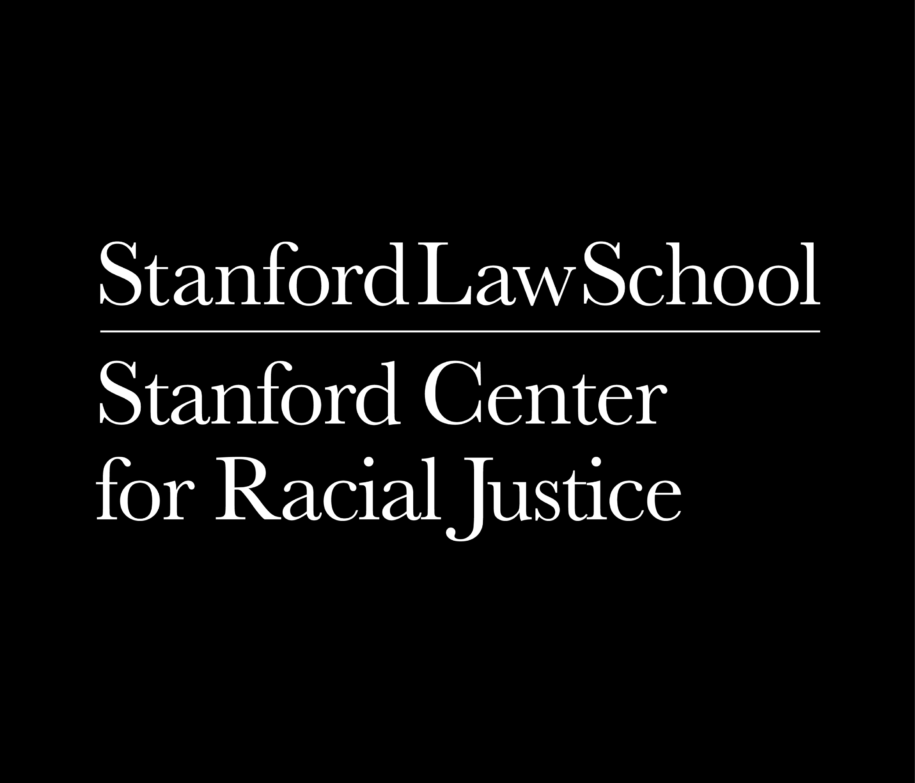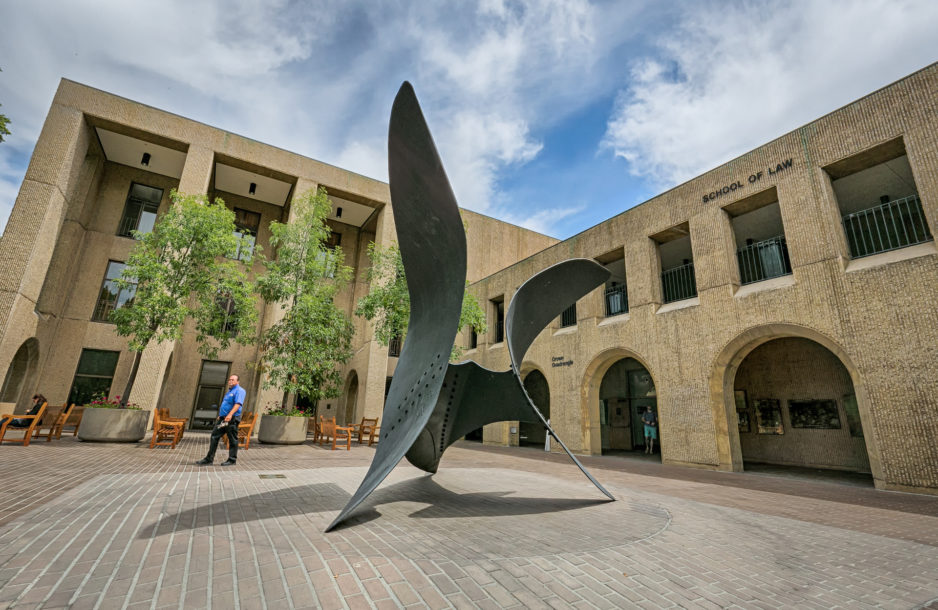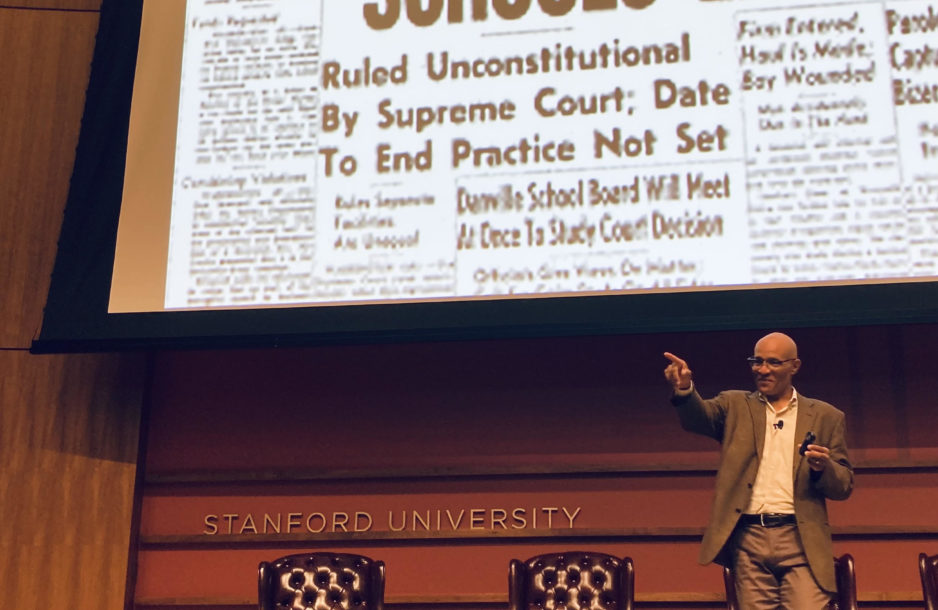
The Stanford Center for Racial Justice works to counter racial division and political polarization through rigorous research and thought-provoking conversations that analyze the racial dimensions of some of the most contentious and consequential issues in American society.
SCRJ Blog

The California Racial Justice Act of 2020, Explained
A Contra Costa County Superior Court judge recently dismissed all gang enhancements in a murder case against four young Black men under provisions of California’s recently enacted Racial Justice Act (RJA). The court ruled that data showing racial bias in prosecutorial charging decisions and the racist text messages police officers…
Read MoreIn the News

What’s Next for Universities After the Ban on Race-Based Affirmative Action?
(Originally published by Stanford Graduate School of Education on January 22, 2024) A new Stanford course explores ideas that could shape the future of college admissions policies after the Supreme Court’s decision. Many universities were left with questions after the U.S. Supreme Court upended nearly 60 years of precedent by overturning…
Read MoreAlabama’s Anti-DEI Bill Fits Nicely With Its History of School Segregation
Stanford’s Ralph Richard Banks on AP African American Studies, Culture Wars, and Critical Thinking
When the officers are Black: Tyre Nichols' death raises tough questions about race in policing
Cultural Awareness, Relationships & More — Helping Teachers Deal With Discipline
Contact

Crown Quadrangle
559 Nathan Abbott Way
Stanford, CA 94305-8610
scrj@law.stanford.edu













